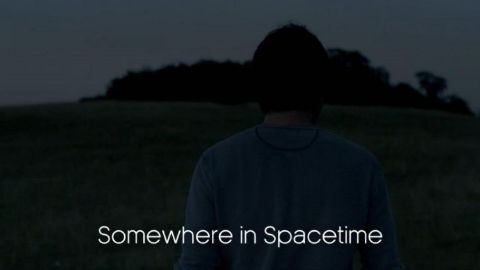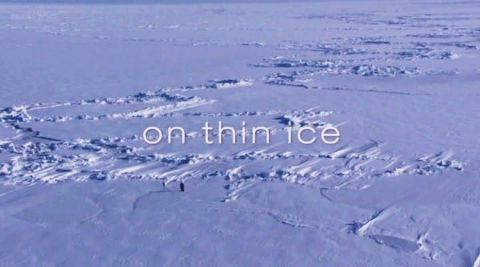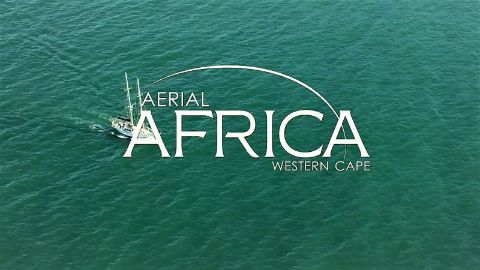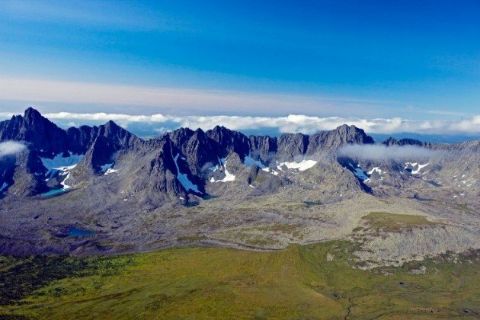My Congo • 2016
Wildlife cameraman Vianet Djenguet returns to his beloved Congo to explore the extraordinary wildlife of this remarkable country. Far from being the dark heart of Africa, Vianet reveals a vibrant, wonderful place full of surprising landscapes, incredible people and amazing animals. Vianet takes us from dramatic coasts to pristine rainforest on a wildlife voyage of discovery, meeting inquisitive baby chimpanzees, majestic forest elephants and elusive lowland gorillas. Seen through the eyes of one of its proudest sons, Vianet offer us a unique insight into his homeland.
Make a donation
Buy a brother a hot coffee? Or a cold beer?
Hope you're finding these documentaries fascinating and eye-opening. It's just me, working hard behind the scenes to bring you this enriching content.
Running and maintaining a website like this takes time and resources. That's why I'm reaching out to you. If you appreciate what I do and would like to support my efforts, would you consider "buying me a coffee"?
Donation addresses
BTC: bc1q8ldskxh4x9qnddhcrgcun8rtvddeldm2a07r2v
ETH: 0x5CCAAA1afc5c5D814129d99277dDb5A979672116
With your donation through , you can show your appreciation and help me keep this project going. Every contribution, no matter how small, makes a significant impact. It goes directly towards covering server costs.





